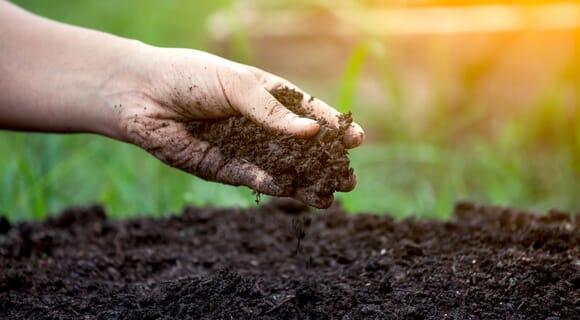“Since the introduction of biochar-based improvers in the soil has a positive effect on its fertility, it is possible to reduce the amount of accumulated organic waste and at the same time increase crop yields,” said the head of the technologies laboratory from the university, Ivan Shanenkov.
According to the researchers, the results will ensure environmental cleanup for agricultural enterprises as a partial replacement for mineral fertilizers.
“We obtained the biochar from organic waste, which was used as an additive in increasing the yield of cereal crops,” Shanenkov added. He said that as a result of thermal processing in an oxygen-free environment, organic waste such as sawdust, straw and pine nut shells are converted into a highly porous carbon material.
“In our country, biochar is mainly woody and is used mainly as a fuel resource. We propose to consider it as an independent fertilizer for agricultural land or as part of compositions with other types of soil improvers”, Konstantin Ponomarev, a scientist at the laboratory, explained.
According to Russia’s environmental safety strategy, by 2025 the volume of waste production and consumption is expected to exceed 30 billion tons.
The Tyumen State University participates in the Priority-2030 state strategic academic leadership program and the report is produced within the framework of the Ecosystems of the Future project.
jrr/llp/lam/hoo









